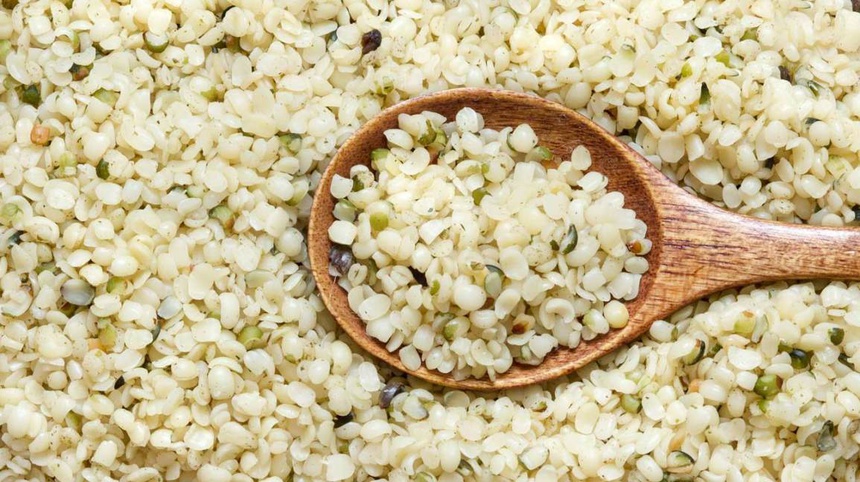 |
|
1. Hemp seeds: These seeds come from plants in the hemp family, which are often mistaken for cannabis plants. However, they are completely different in composition and have unique health benefits. Unlike other plants, hemp seeds contain a high amount of essential amino acids that are typically found in animal meat. They also provide plenty of fiber and beneficial fatty acids, which can improve heart, skin, and joint health. Photo: Healthline. |
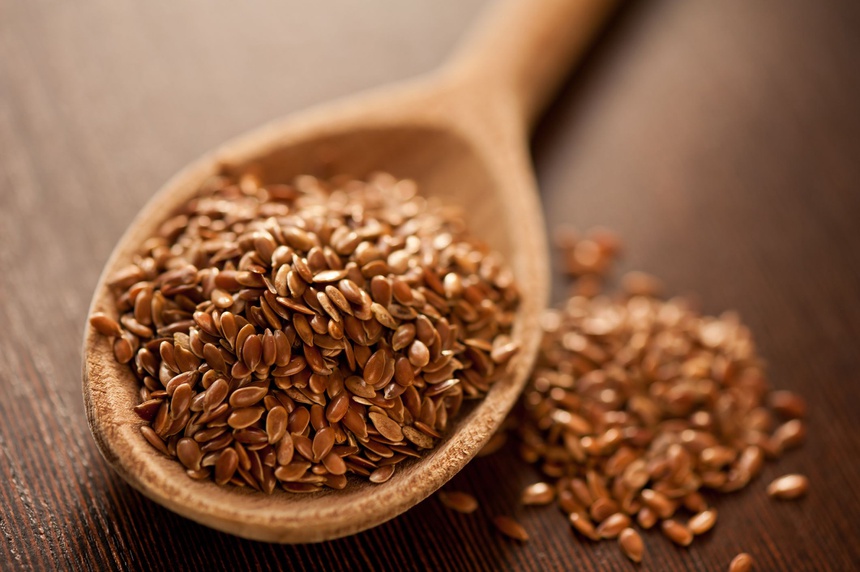 |
|
2. Flaxseed: Flaxseed is the seed of the flax plant and is available in brown or yellow varieties. Like hemp seeds, flaxseed is highly beneficial for health. It can help solve digestive problems, lower cholesterol levels, reduce the risk of cancer, and improve brain function. For those following a vegetarian diet, flaxseeds can serve as an alternative source of omega-3 fatty acids typically found in fish. Flaxseeds also help prevent cholesterol buildup in the blood, reduce inflammation of the arteries, and inhibit tumor growth. Photo: Men’s Health. |
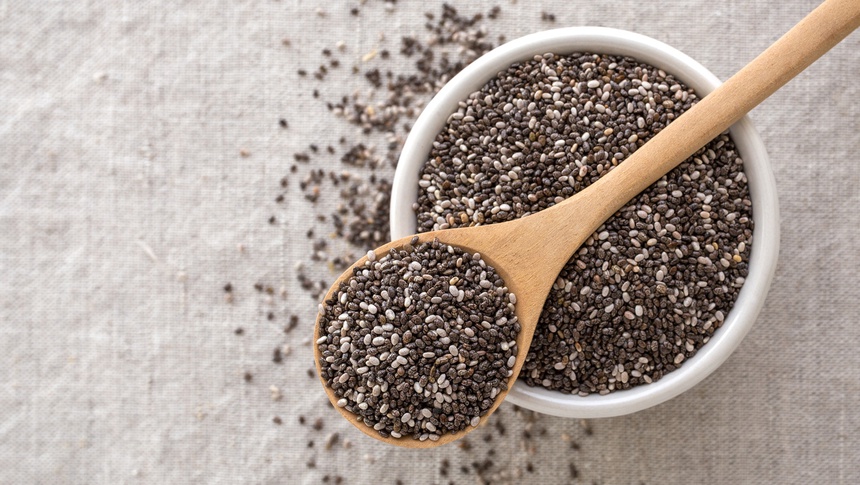 |
|
3. Chia seeds: Chia seeds are rich in fiber, antioxidants, minerals, and omega-3 fatty acids. They offer various health benefits such as protecting heart and liver health, lowering blood pressure, supporting bone health, reducing inflammation, and balancing blood sugar levels. Chia seeds are a versatile ingredient that can be mixed with water, used in pudding, or enjoyed with yogurt. Photo: Mashed. |
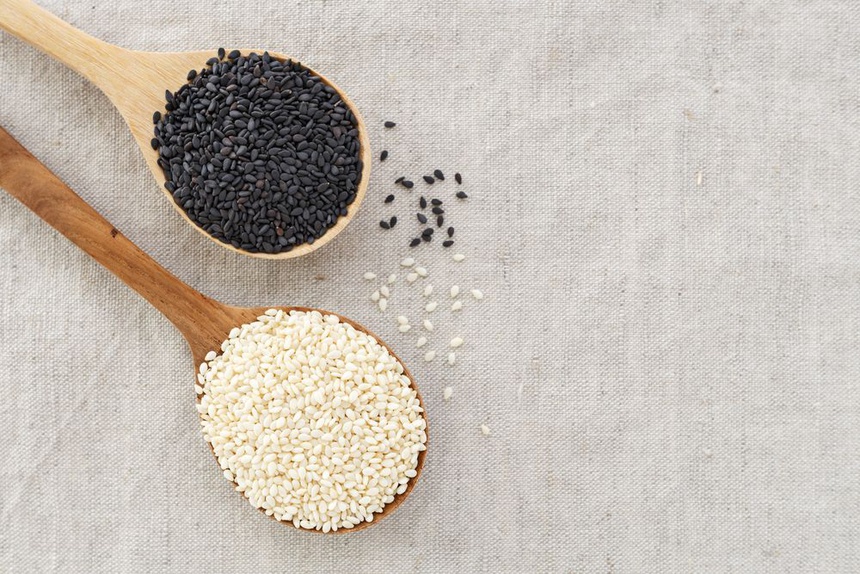 |
|
4. Sesame seeds: Sesame seeds contain significant amounts of calcium, making them beneficial for bone health. Studies also suggest that sesame seeds have anti-inflammatory effects and can slow down the spread of cancer cells. Black sesame seeds, in particular, are rich in antioxidants that support brain function and reduce inflammation in bones, joints, and muscles. Photo: HealthifyMe. |
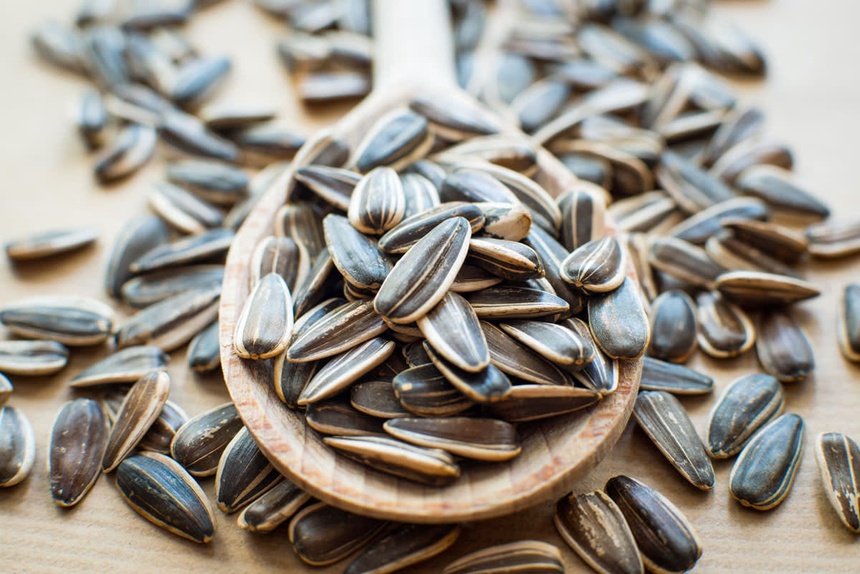 |
|
5. Sunflower seeds: Sunflower seeds, a popular snack, offer several health benefits. They help balance blood pressure, lower cholesterol levels, support bone and muscle health, and regulate blood sugar levels. Sunflower seeds are rich in various nutrients including vitamins E, B1, B2, B3, C, and several minerals. It’s important to consume them in moderation due to their high calorie and phosphorus content, which may impact kidney function. The recommended serving size is 130 grams per day for optimal health. Photo: Healthlogus. |
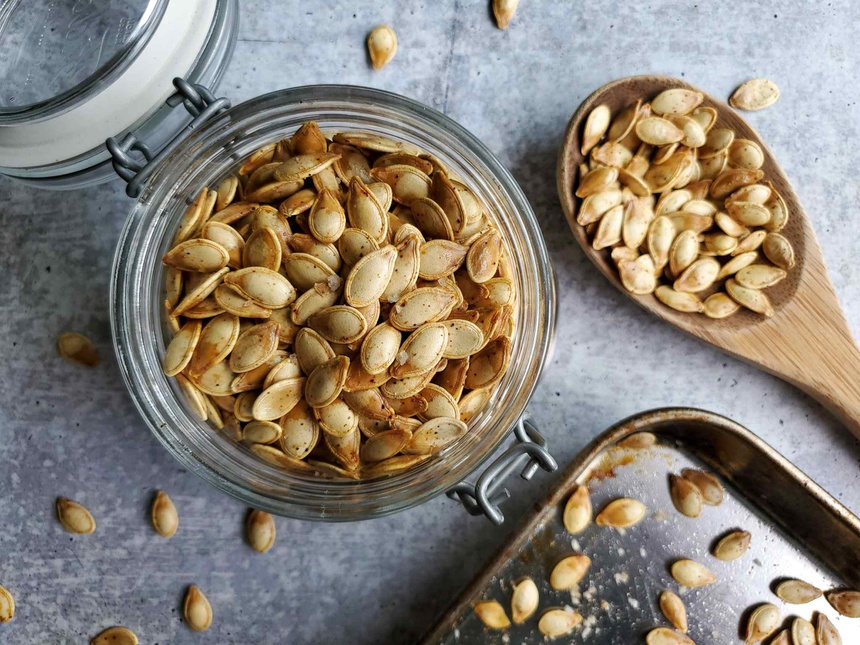 |
|
6. Pumpkin seeds: Similar to sunflower seeds, pumpkin seeds are a popular and nutritious snack. They are a good source of vitamin A, which supports immune system function. Pumpkin seeds are also high in antioxidants, which reduce the risk of chronic diseases, heart disease, and cancer. However, consuming excessive amounts of pumpkin seeds can cause bloating and diarrhea. Photo: Homestead and Chill. |
According to Zing
Exploring the Benefits of Chia Seeds on Good Health: What You Need to Know
 Chia Seeds on Good Health: What You Need to Know’>
Chia Seeds on Good Health: What You Need to Know’>Did you know that chia seeds come from the same family as herbs that are used in spices such as mint and basil? These seeds are a popular health food due to their unique health benefits. Read on to find out how these seeds can be used and why they're so beneficial!





































